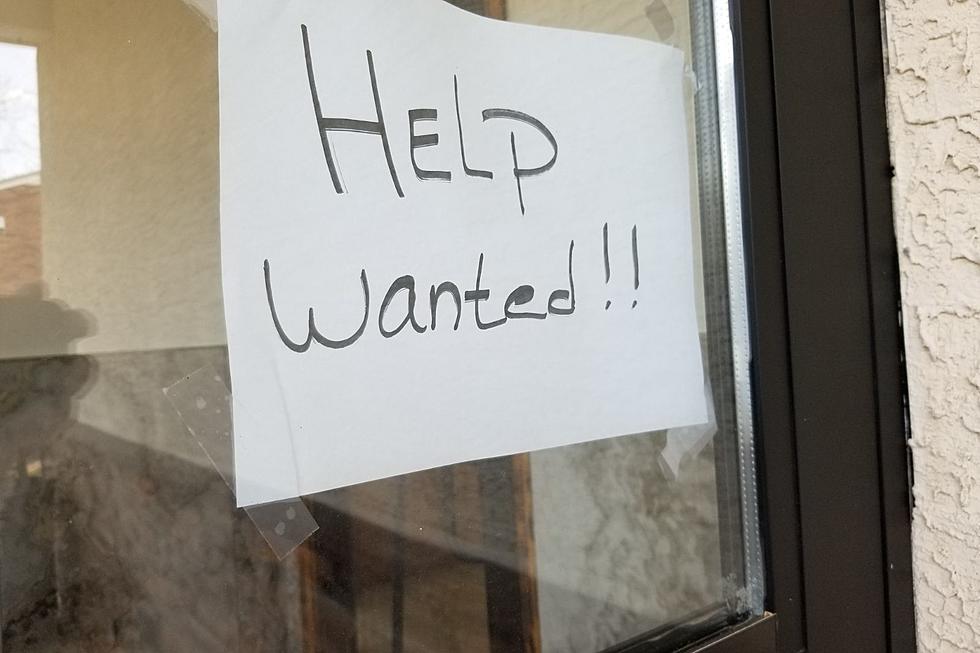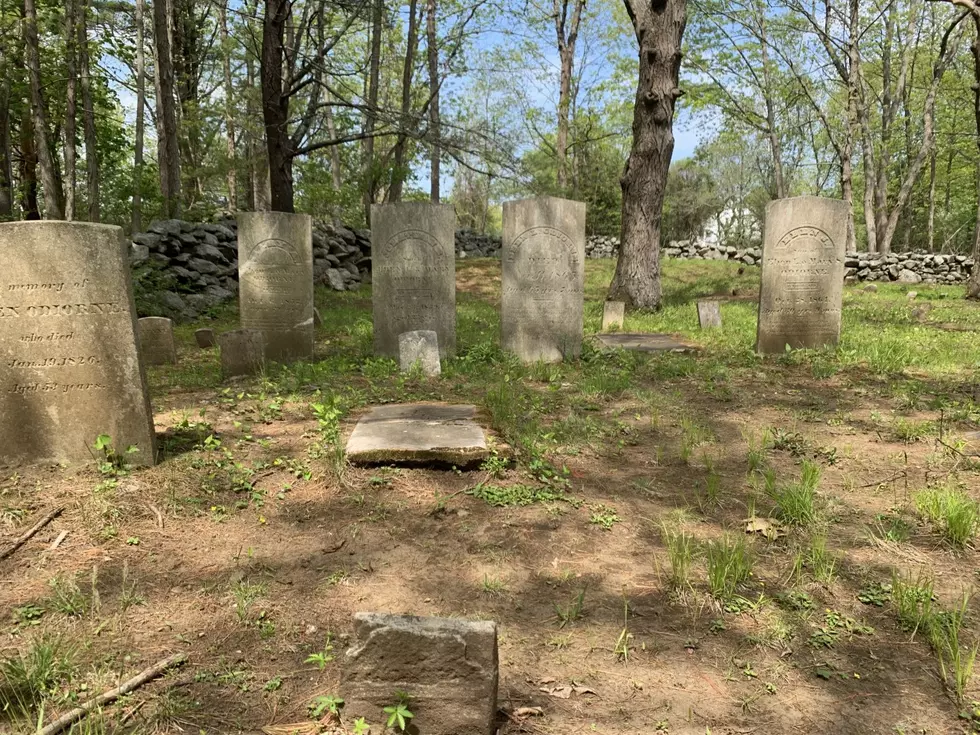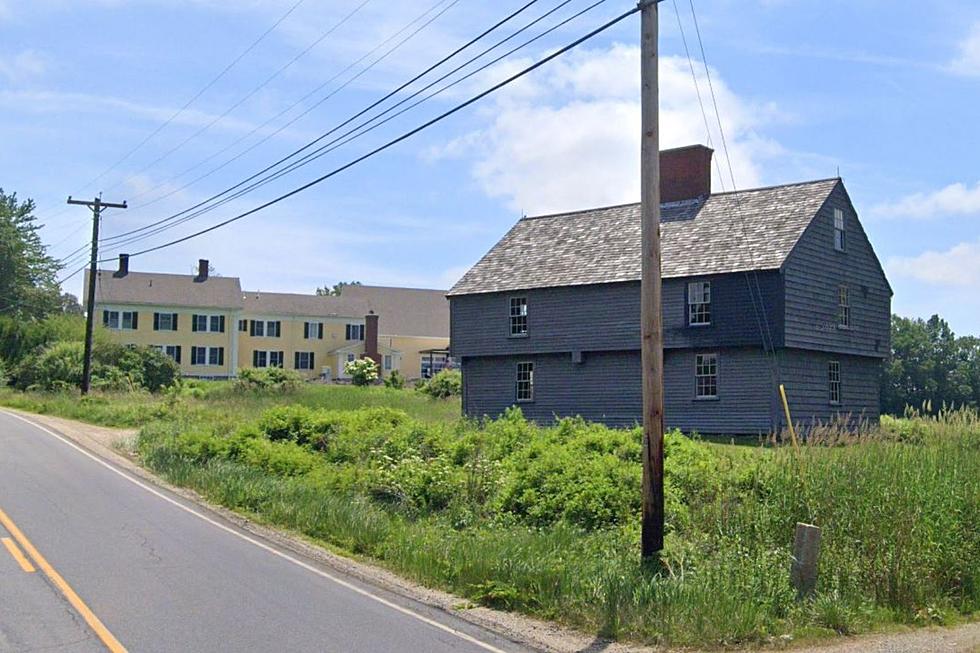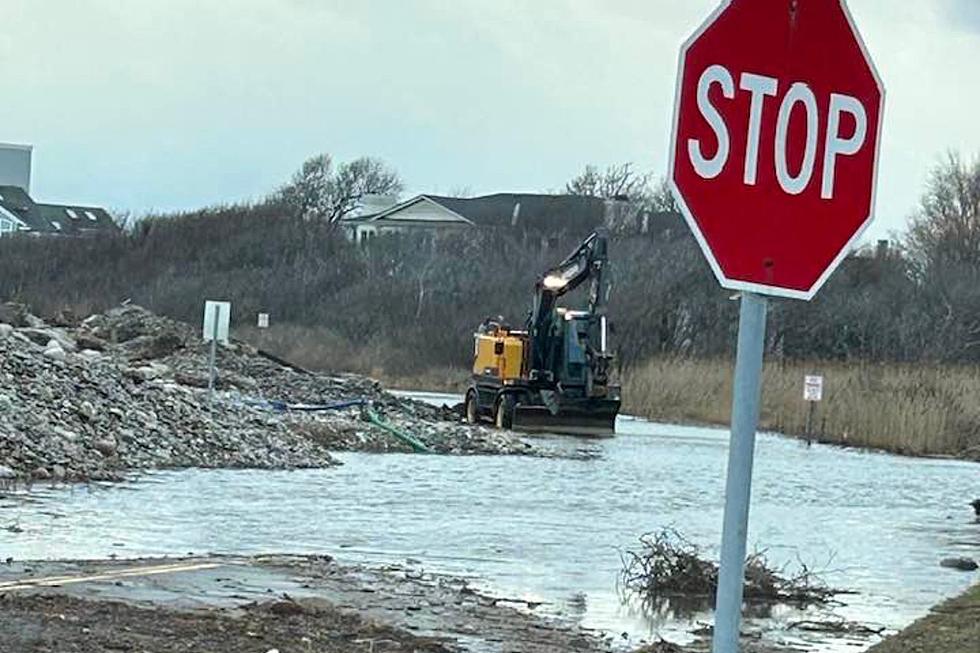
Will the the Seacoast’s Summer Labor Shortage Continue Into Fall?
At least three Seacoast restaurants kept their doors shut during what would be their busy time because of the ongoing labor shortage in the hospitality business.
Going into the summer, restaurants, hotels, amusements and camps had difficulty hiring for all open positions. Despite increasing wages and lowering age restrictions the issue is, summer arrived and the season had to go on with the help available.
The Goldenrod in Short Sands, Maine said on its Facebook page that it didn't have enough help to open in the morning for breakfast after giving it a try during the Independence Day holiday.
"It quickly became clear that we do not have sufficient staff to be open for 14-hour days," the restaurant wrote. "We feel it is necessary to ensure the high-quality service you are accustomed to receiving."
They will be open from 11 a.m. to 10 p.m. and still offer a breakfast menu.
Petey's Summertime Seafood & Bar in Rye, NH was closed due to "due to staffing ability," according to its Facebook page while Habibi Mediterranean Cafe in Portsmouth also closed for the day, according to customers who found a note on the door.
Matt Little, CEO of HospitalityMaine told Seacoast Current that although he has not spoken to anyone at The Goldenrod it's indicative of a "new normal" in which restaurants are doing what they can do to maximize what staff they have. In his own town of Brunswick, he has seen some restaurants open just Thursday through Sunday.
"We are hearing stories like this all the time. I have heard of restaurants that are taking items off of menus because they are too labor-intensive, they don't have the staff to handle it," Little said.
The labor problems are just one more example of the tough time hospitality has had since the pandemic began in March 2020. The latest restaurant to close on the Seacoast is The Striker in Portsmouth, NH after not receiving federal stimulus money because it ran out. Is it worth the struggle for others to stay open?
"When we're talking about Maine we're talking about a lot of family businesses and a lot of businesses that go back generations," Little said. "It's their families and their livelihoods and they are very proud of what they offer to Maine."
Little used HospitalityMaine board chair Steve DiMillo, whose DiMillo's on the Water in Portland has been open since 1954, as an example of a longtime restaurant owner that's had to make changes to remain successful.
Unlike hotels, Little said many Maine restaurants received financial assistance from the federal American Recovery Act to stay afloat.
"If you ask any of those restaurants that took that funding they would say they would not be in business if they had not have received that," Little said.
Once the summer is over and students who make up much of the seasonal workforce head back to school how will the hospitality business staff up? Will the end of the American Recovery unemployment supplement of $300 help fill openings?
Little thinks that's been only part of the struggle to fill positions.
"There's many other reasons. Housing, child care, family issues, a wide range of issues," Little said.
Little said he thinks staffing struggles will continue in the fall and believes conversations have to be to come up with creative ideas for solving short staffing. He is attending one such roundtable discussion in August. One idea is to "swap" seasonal workers with other areas of the country where their busy times are the opposite of the Seacoast's.
"Some people have gone to Florida to try that. I don't know how successful that has been," Little said.
He expects smaller inns and bed & breakfasts to cut front desk hours to maybe 4 p.m. to 7 p.m. which could be the only time guests would see someone from the facility's staff.
"I think the welcome at those places when you check-in will be the normal Maine gracious welcome and then I think people will start to see that staffs are a little more quiet later in the evening," Little said.
Contact reporter Dan Alexander at Dan.Alexander@townsquaremedia.com or via Twitter @DanAlexanderNH
LOOK: Here are the 50 best beach towns in America
More From Seacoast Current








